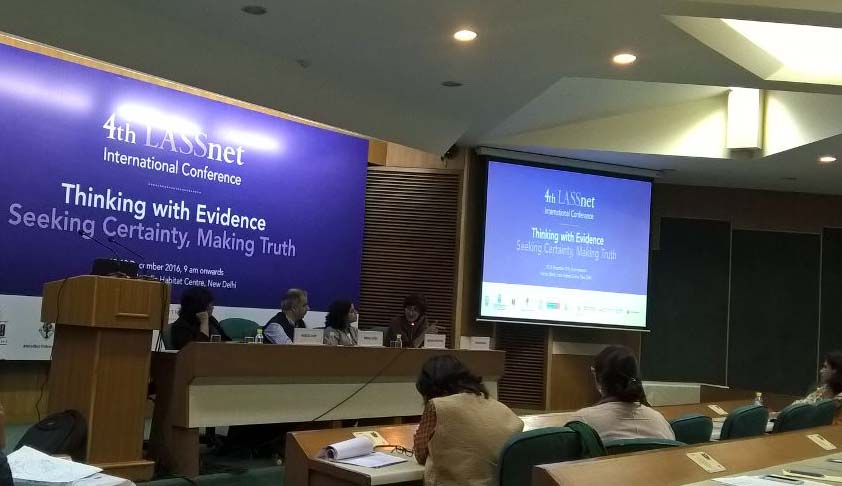- Home
- /
- Top Stories
- /
- Experts Assail Sentencing Policy In...
Experts Assail Sentencing Policy In India
LiveLaw Research Team
11 Dec 2016 11:04 PM IST
Experts came out strongly against the sentencing policy pursued by the Indian courts, at one of the sessions held during the ongoing 4th LASSnet Conference in New Delhi today.Professor Mrinal Satish of the National Law University, Delhi, who has researched more than 800 and odd rape cases of High Courts and the Supreme Court during the period 1984-2009, for his recently published book,...
Next Story



